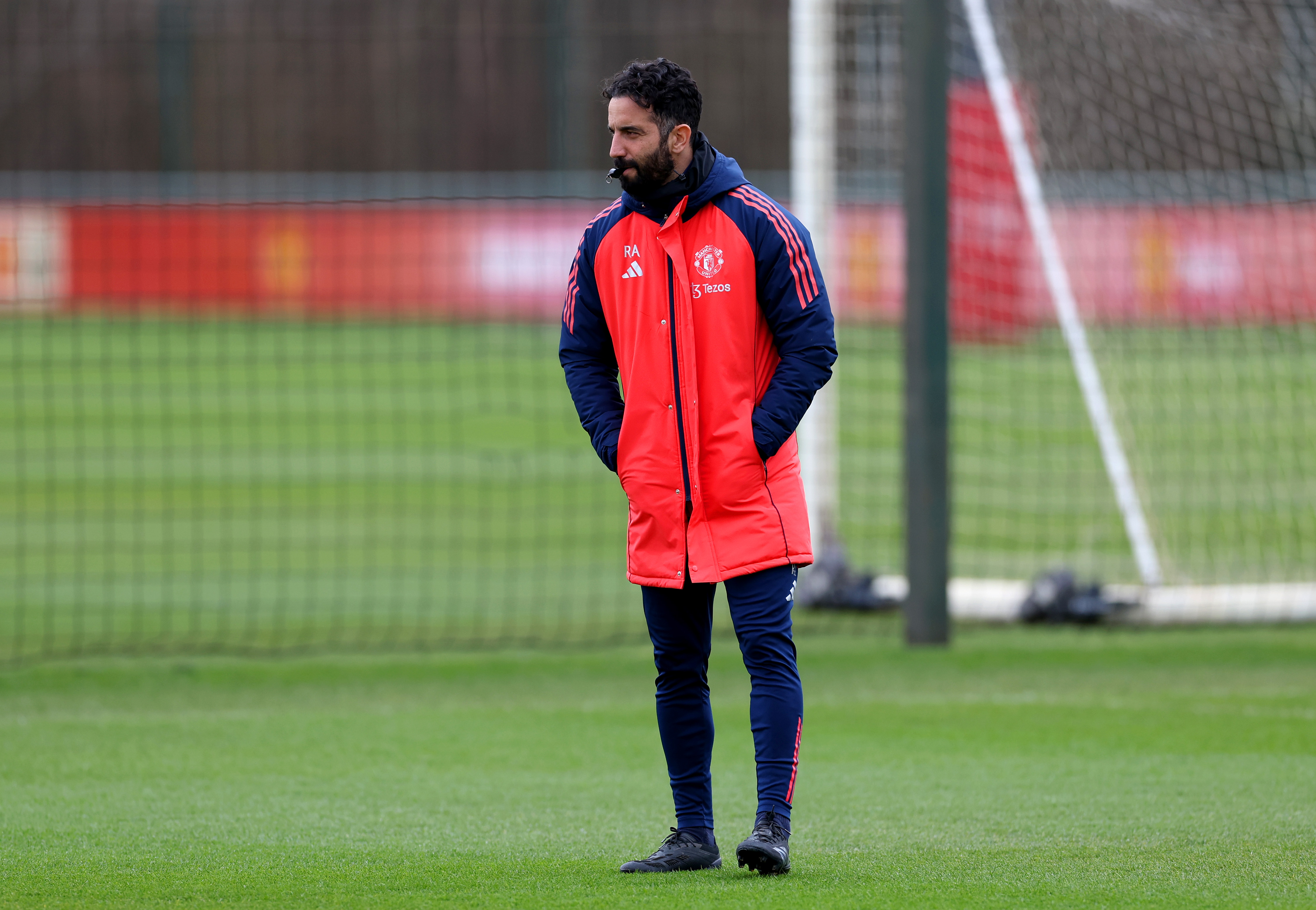Yesterday’s man is right for England’s future
As the English press go gaga, Mark Robinson explains why Harry Redknapp really is the man to lead the national team...
As one chapter ends, another begins. Just hours after being cleared of tax evasion charges at Southwark Crown Court â dispelling accusations of financial skulduggery which have shadowed him for five years â Harry Redknapp stands alone as the outstanding candidate for the recently vacated England hot seat.
Even for a man well used to the emotional rollercoaster that is football management, the events of Wednesday will have had the 64-year-old Tottenham boss pinching himself. From potential disgrace in a court of law to being within touching distance of a job often referred to as the second most important in the country, all in the space of a single afternoon. It trumps anything he has experienced in close to 50 years in the game
The relegation battles, the crossing of bitter divides and those last-minute transfer deals which have nourished his reputation as a âÂÂwheeler dealerâ are etched across RedknappâÂÂs face and are explicit in his character, which invokes nostalgia for a bygone age.
At a time when football clubs are being increasingly dominated by statistical analysts, nutritionists and psychologists, here is a man cut from a vintage English cloth. A throwback to an age where men in camel coats and fedoras puffed on cigars in dugouts across the country, in between devising deals to swap players for lawnmowers or vice versa.
The major factor in RedknappâÂÂs success has been the force of his endearing and shrewd personality, a by-product of which is his ability as a manager of men and as a master motivator.
The perception of Redknapp as something of a âÂÂwide boyâ should not detract from his credentials for the biggest job in English football. The nurturing of several future England internationals during his spell in charge of West Ham, which also included a fifth placed finish in the Premier League in 1999, first served notice of his managerial talents. FA Cup success with Portsmouth in 2008 followed, but it has been his work with Tottenham Hotspur in recent seasons that has seen him earn broader praise at both home and abroad.
Get FourFourTwo Newsletter
The best features, fun and footballing quizzes, straight to your inbox every week.
He took over a grand old club in crisis and at the foot of the Premier League at the end of 2008, and by the end of the following campaign â his first full season in charge of the club â had guided Spurs into the Champions League. This season, his team has outshone Chelsea, Arsenal and Liverpool by producing the only sustained challenge over the first half of the season to the hegemony of the Manchester clubs in the Premier League title race.
Redknapp has built his Tottenham side on the principles of versatile attacking football, able to benefit from the flexibility of both patience and directness. He has nurtured and developed the abilities of Gareth Bale and Luka Modric and has added the contrasting qualities of Scott Parker and Rafael Van Der Vaart to a midfield that, at its best, can be mentioned in the same sentence as BarcelonaâÂÂs without provoking derision.
His effective handling of the hugely talented but notoriously combustible Emmanuel Adebayor, a task seemingly beyond the capabilities of even Jose Mourinho, illustrates RedknappâÂÂs genius in a nutshell.
Given the baggage he has carried around for so long, proven or unproven, whether the naturally cautious Football Association have the courage to appoint him remains to be seen, but the outcome of his trial removes a significant obstacle.
The institutionâÂÂs reluctance to bow to public pressure in the 1970s and employ the controversial but brilliant Brian Clough sets a worrying precedent for RedknappâÂÂs backers. So does its failure to back Terry Venables, himself plagued by rumours of financial wrongdoing, following EnglandâÂÂs unfortunate exit at the semi-finals of Euro 96.
The similarities between Venables and Redknapp are pointed. Both are men that have spent their careers trading on their ability to extract the maximum from the players at their disposal, and both are men you are more likely to encounter at an East End greyhound track than at a UEFA coaching convention.
In Venablesâ case, that very English mixture made him the England manager that has come closest to glory at a major tournament over the last 16 years. After years of failed experimentation with foreign coaches and fashionable methods, it is time to give yesterdayâÂÂs man another shot.
